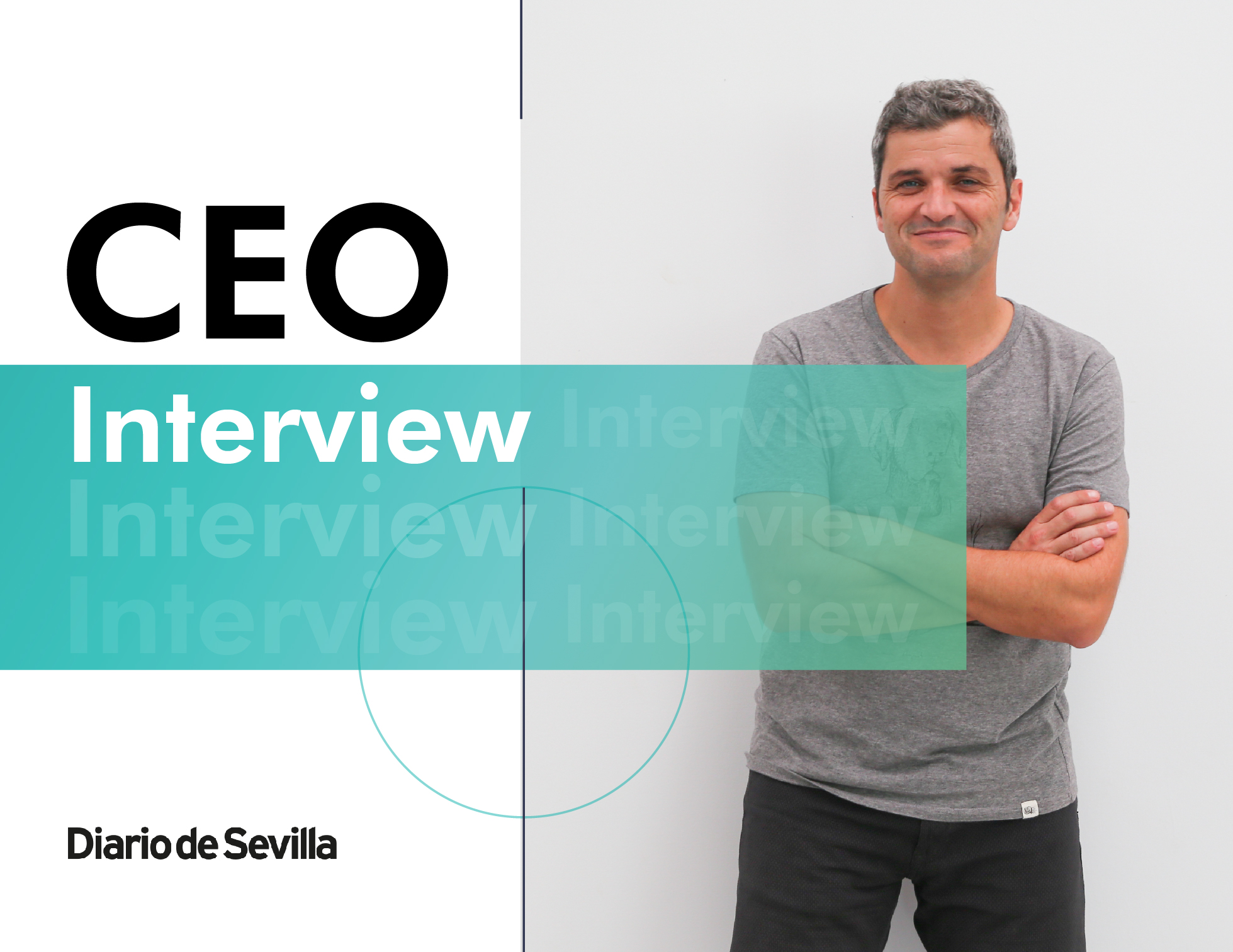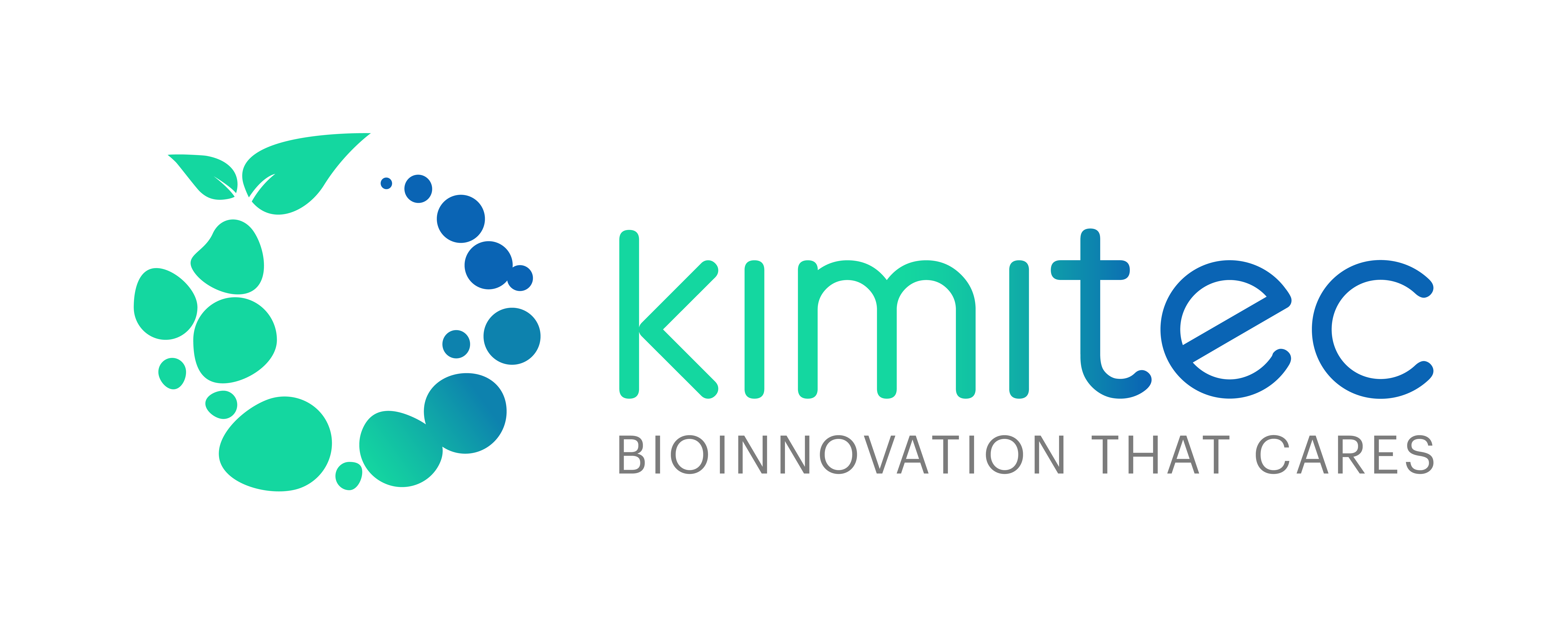Félix García: “We look for an agricultural system both productive and natural”

Kimitec’s business model aims for a farming system offering food 100% free of chemical residues, but at an affordable price. “What we do is not important, what really matters is why we do it”, states their CEO.
The current COVID-19 pandemics we are suffering is making consumers more demanding in terms of food security, and that brings companies like Kimitec, dedicated to the field of biotechnology research, to the forefront. Kimitec Group is based in Almería but it also has branch offices in the USA, Perú, China and their latest addition, Brazil.
Your current expansion process has brought you to Brazil, what are your expectations there?
Brazil is one of the largest food producers in the world. They grow all kinds of fruits and vegetables, but also coffee, sugar, cereals such as corn, cotton, and soybean, and with 35 million hectares of cropland, they are the world’s main producer. From our headquarters in Almería, Europe’s main greenhouse farming hub, we have researched and developed numerous natural solutions for agricultural problems and crop deficiencies, especially for fruits and vegetables. However, we jumped into the row crop business some years ago, mainly with cereals and legumes, and today we have a wide range of effective solutions that are being used in different cereal-producing areas of the world. Brazil is a huge market and it lacks our technologies, which means that in a few years the value we add and a series of local crops that right now are completely unaware of our existence will find each other and thrive.
What is your alternative to chemical pesticides based on?
Some 16 years ago, we had a vision: we would wipe out all chemical pesticides and synthetic hormones from food production systems. A real challenge, because it goes beyond the mere development of natural tools, it also implies that those tools need to be as effective as synthetic chemicals. Homogeneity and efficacy, those are the keys, and the only possible way to offer a real alternative to the use of chemical pesticides in agriculture. When the whole auxiliary industry is able to offer 100% residue-free tools for fruit and vegetable production without affecting the growers’ productivity, the change of model will be a reality.
Your motto is: “chemical synthesis is dead”. What do you mean by that?
That is not just something I say, the companies dedicated to the business are transforming. That’s the truth. And that’s why they are buying companies like ours for hundreds of millions of euros. In the end, the ones shaping the market are consumers. Whether consumers want food contaminated with chemicals or not… There’s nothing to discuss there, because it is indeed a ridiculous debate: or would you willingly choose an orange juice with chemical molecules over a natural one? When no alternative existed, the question was: do you want to eat or not? Today, we have new natural technologies at our disposal, and they are sufficiently well-established to encourage that transformation and a change of model towards a healthier, more responsible nutrition.
What about organic farming?
–We believe in organic farming, but organic products do not reach most people. If organic foods were better priced, everyone would eat organic. But ecofarmers lack biopesticides that are as effective as chemicals, and that affects their productivity. For us, what we do is not important, what really matters is why we do it. We are past confronting organic and conventional, our argument talks about a farming system that is productive and natural at the same time. A model free of chemical residues, with foods affordable for every family.
Can you explain what disruptive biology means?
Biology is not disruptive, our vision is. Our vision has aimed, since the very beginning, to achieve a farming system as clean as organic farming, but with the prices offered in conventional farming, so that its products reach everyone. It must be affordable for both producers and consumers. A tomato for 5, 6, 7 euros? Who can pay that? Everyone thought that that was an impossible challenge. We thought otherwise… that we could do it by taking the same scientific approach that the pharmaceutical industry takes with natural products. Disruption came from seeing the problem from another angle, and from showing tons of courage and determination. Today, we are indeed offering tools capable of keeping the crops free of synthetic chemicals, and our vision has changed… but the market is still telling us how crazy we are. We want to recover the chemopreventive, organoleptic and health-promoting properties of foods, by using microorganisms that once lived in the soil, but have been completely eliminated by synthetic chemicals.
How do biopesticides affect end products and food security?
From a regulatory point of view, biopests follow the same registration processes as pesticides in most markets. The processes, costs and product security requirements are exactly the same. The main difference lies in the origin of all our molecules, which are directly extracted from nature and have been coexisting with the environment and with us for millions of years. On the other hand, synthetic molecules made in a laboratory pose a huge problem, because they are not fully biodegradable and lead to the “wonderful” bioaccumulation of toxic substances, which in the end are the cause of different diseases. In the last 10 years, Europe has banned more than 100 synthetic molecules that we used to eat with our fruits and vegetables. But now, there is a regulatory entity charged with their elimination, mainly due to their effects on human health and the environment. When a pesticide designed to kill agroindustrial pests is also killing bees, polluting the environment and affecting human health, we clearly have a problem. We are realizing now that the bioaccumulation of synthetic molecules has an impact in all systems. And I do not think it is responsible to ban a molecule that has been in use for 30 years because it is harmful to human health and the environment; no questions asked, no answers given. It is actually our responsibility what drives us to defend a model based on natural molecules instead of synthetic ones, although right now we are a little bit like David against Goliath.
“Today, we are indeed offering tools capable of keeping the crops free of synthetic chemicals”
Your business is based on research and you have recently opened your own innovation center. How much have you invested in it and what do you expect?
–We have invested around 20 million euros in the construction of our MAAVi, the abbreviation of our slogan “Making a Vision”, creating the biggest research center for biopesticides, pre- and probiotics and biostimulants in Europe. But the works will continue this summer, with the development of the next phases and a total investment of over 50 million euros. As I have already told you, our industry is transforming and basically every pest in the world needs a solution respectful to human health and the environment. Just a year ago we had a very small lab, but now we have 36 ongoing projects aimed at researching solutions for the most important pests in the world.
How do you think agriculture and nutrition will be like in 10 years?
The future of agriculture is already set. The European Commission has just announced their intention to reduce the use of chemical molecules by 50% and of fertilizers by 25% by 2030. That is fine for consumers, but either we create natural solutions allowing to keep the growers’ productivity or product prices will increase, the countryside will be abandoned and European agriculture will not be viable any more… And then we will have a problem. The only thing giving sense to this whole journey towards a cleaner agriculture is a movement that we lead, we think, which consists in developing natural tools that are, at the same time, as effective as chemical synthesis. What is more, this path towards a natural, productive food production system not only concerns agriculture, but also aquaculture and livestock breeding. To tackle this challenge, we are already trying to expand our model; this way we will be able to produce food 100% free of chemicals.
